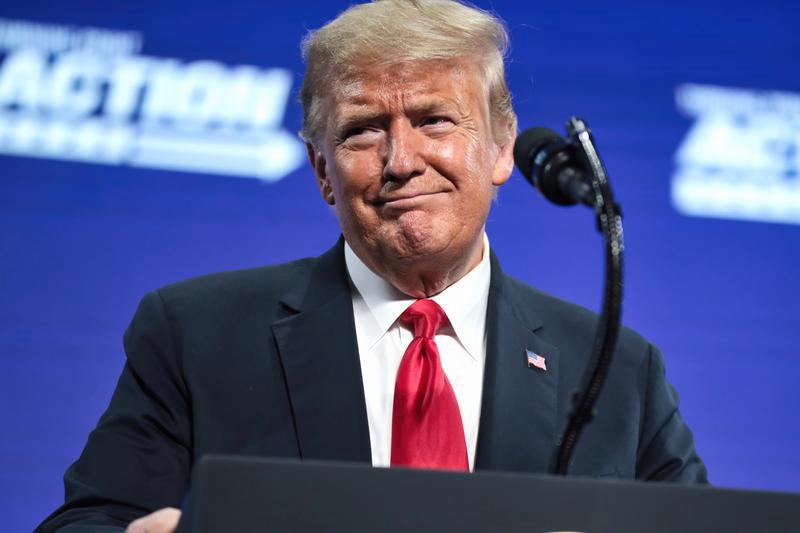President Donald Trump encountered a critical reception at the Kennedy Center in Washington, D.C., on June 11, 2025, during the opening of “Les Misérables.” Several audience members expressed displeasure with his presence, and cast members organized boycotts following his contentious management of the esteemed arts venue.
The audience’s reaction varied, with some individuals directing harsh language and accusations at Trump, while others voiced support by chanting “USA.” As Trump took his seat, some attendees cursed him, creating a tense environment that underscored his challenging rapport with the arts sector.
Trump’s defensive reaction to the criticism illustrated his sensitivity to public disapproval. When questioned about the cast’s planned boycott, he dismissed their objections by saying, “I couldn’t care less” and added, “All I do is run the country well.” This response highlighted his approach to dealing with artistic opposition during his presidency.
The controversy originated from Trump’s unusual takeover of the Kennedy Center, where he dismissed longtime chairman David Rubinstein and the entire board, replacing them with allies who then appointed him as chairman. This significant reorganization has faced extensive criticism from the arts community, which perceives it as undue political influence over cultural institutions.
Reports indicate that ten of the 12 principal cast members of “Les Misérables” considered avoiding the performance to protest Trump’s presence. This broad artistic dissent highlighted the strong opposition within the performing arts community to his forceful approach to managing cultural institutions.
Further intensifying the situation, a group of drag performers attended the show with tickets donated by patrons who opposed Trump’s attendance. The drag queens sat strategically in front of the presidential box, directly confronting Trump with the type of performance he aims to remove from Kennedy Center programming.
Trump’s discomfort with criticism has led him to reshape the Kennedy Center to reflect his political ideals. He has vowed to eliminate what he calls “woke” programming, specifically targeting drag performances and LGBTQ+ events, which he describes as “anti-American propaganda.” This initiative represents his effort to manage cultural narratives and avert future public embarrassment.
The president’s sensitivity to rejection from the arts sector extends to a broader effort to cut federal cultural funding. His administration has proposed abolishing the National Endowment for the Arts, the National Endowment for the Humanities, and the Corporation for Public Broadcasting. The NEA has already informed numerous organizations of rejected or rescinded grants, impacting more than 200 organizations and resulting in the withdrawal of $5.9 million in funding.
The restructuring of the Kennedy Center has already suffered from opposition. Subscription sales have fallen since Trump’s takeover, and several prominent artists have canceled appearances rather than engage with the Trump-controlled venue. Canadian author Louise Penny withdrew from a scheduled book launch, illustrating how Trump’s assertive approach has driven away critics.
The evening’s atmosphere resembled a “MAGA-does-Broadway” event, with Trump appointees filling the audience alongside Vice President J.D. Vance and Attorney General Pam Bondi. The presence of administration supporters appeared intended to shield Trump from the public rejection he has faced throughout his political career.
Observers noted the irony of Trump attending “Les Misérables,” a production centered on rebellion against corrupt governance, while simultaneously using his position to reshape cultural institutions to avoid future criticism. The show’s themes of social justice and resistance against oppression emphasized the contrast between Trump’s actions and the artistic works he professes to value.
Trump has appointed Richard Grenell as the new leader of the Kennedy Center, ensuring future programming aligns with his preferences and minimizes the likelihood of public embarrassment. This strategic approach to controlling cultural institutions reflects his ongoing struggle to address criticism and public rejection from the arts community, which has consistently opposed his policies and leadership style.











